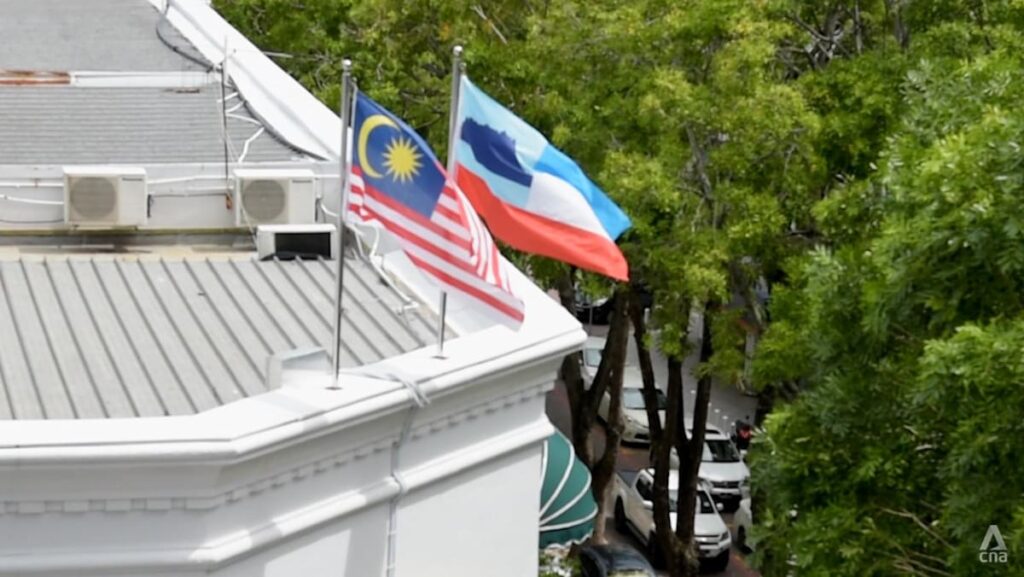PH, BN, GRS, and Warisan, however, are working together at the federal level.
Parti Pribumi Bersatu Malaysia (Bersatu), which is part of the opposition Perikatan Nasional (PN) coalition at the federal level, won 11 seats at the 2020 Sabah polls.
But Bersatu Sabah lost all its seats after its assemblymen – including the current chief minister Hajiji – quit the party en masse to become direct members of GRS in December 2022 following the results of GE15 in 2022, when Bersatu failed to form the federal government.
Anwar Ibrahim was sworn in as prime minister on Nov 24, 2022, after GE15 failed to produce a clear winner and resulted in a hung parliament.
During the press conference, Hajiji said that there was a need for GRS to work closely with the federal government, saying that it had fulfilled nine of the commitments outlined in the Malaysia Agreement 1963 (MA63).
MA63 refers to the legal instrument signed in 1963 as the basis of the formation of the Federation of Malaysia. The agreement recognises Sabah and Sarawak not as mere states but as equal partners with West Malaysia.
“This shows that the relationship between the state and federal governments are important for Sabah and its development … While we fight for our rights, we also have to look after the interests of the country also,” said Hajiji.
Hajiji also claimed that since taking the helm of the Sabah government five years ago, the administration had made improvements to agriculture, industry, tourism, human capital, public well-being, and infrastructure.
“Over the last five years, we have worked to bring change and growth to the state and its people,” he said.
He however said that the state government still had a lot to achieve.
“Our work is not yet finished and there are new challenges. With this dissolution, we seek a fresh mandate from the people to continue our efforts,” he said.
The Sabah polls will be a test of how well Prime Minister Anwar Ibrahim’s unity government partners can work together even as their collaboration is not a given at the next General Election, political leaders and analysts previously told CNA.
Sabah is one of Malaysia’s poorest states despite being a major contributor to the country’s oil and gas output, and it is still locked in negotiations with the federal government on returning to its entitlement of 40 per cent of its revenue, which it says is crucial for development.
Read the full article here
